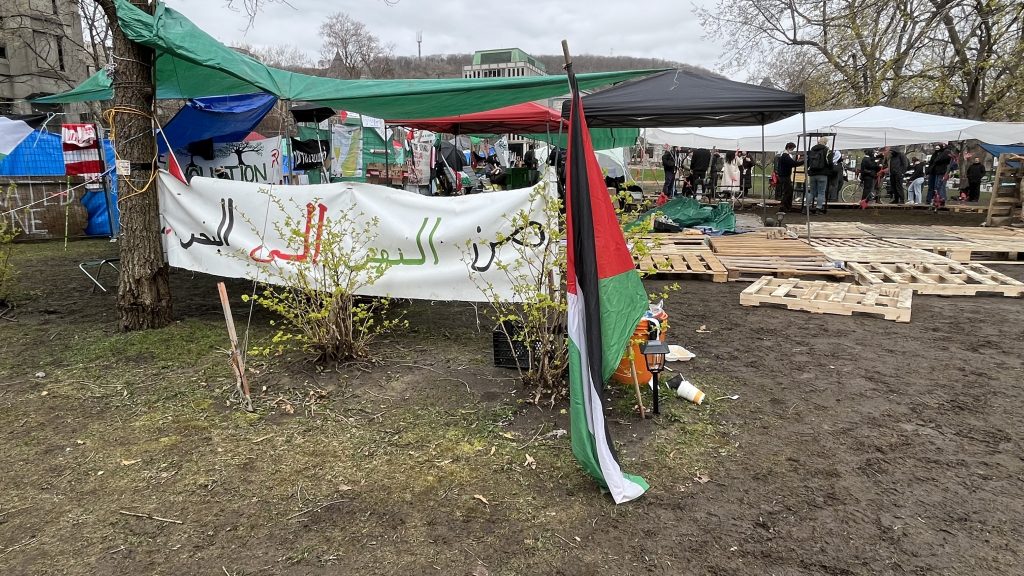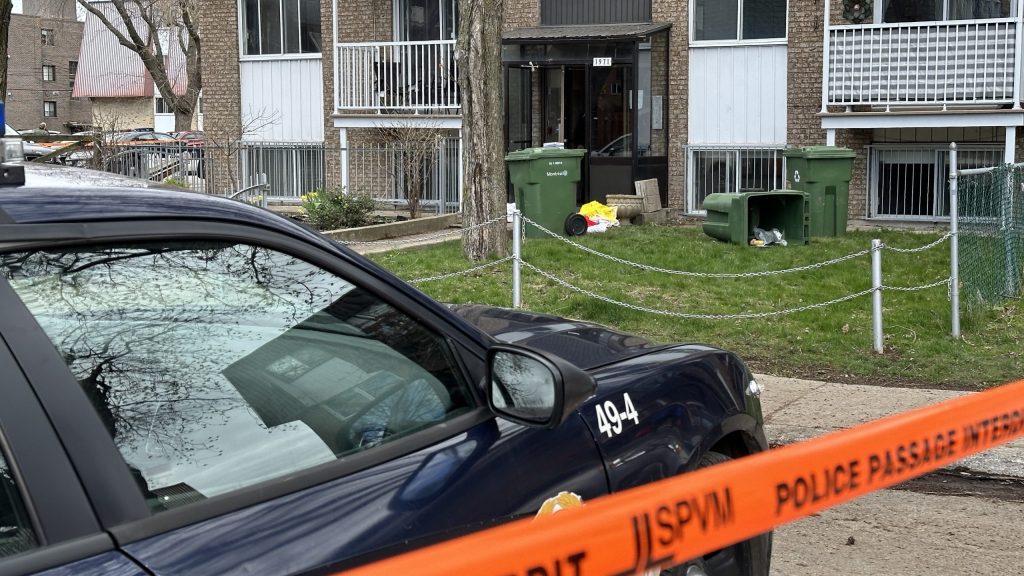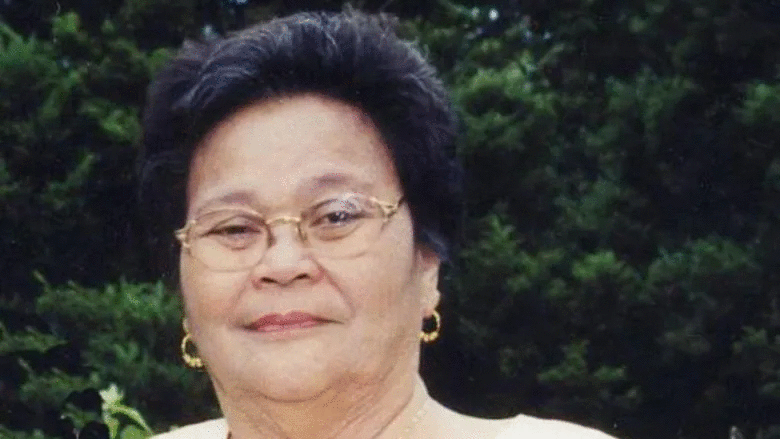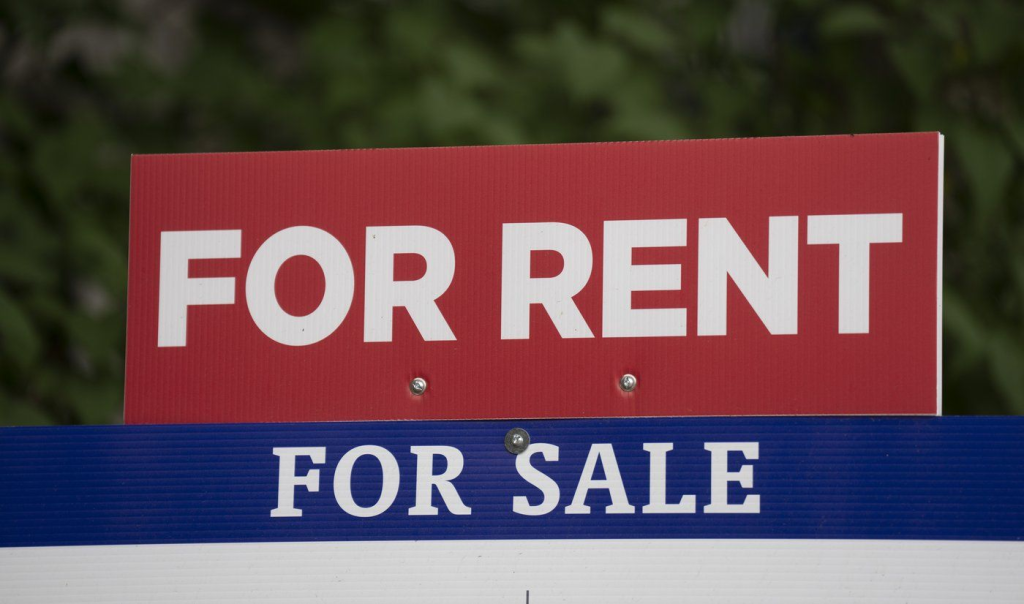Muslim students at McGill call on university to address Islamophobia on campus amid Israel-Hamas war
Posted January 29, 2024 4:40 pm.
Last Updated January 29, 2024 7:55 pm.
As part of McGill University’s commemorative event Monday honouring the six victims of the Quebec City mosque attack seven years ago, student speakers called on the university to also highlight the toll on Palestinians amid the Israel-Hamas war.
“It would be disingenuous for us to stand here today in recognition of the six men who lost their lives and not recognize the lives that continue to be lost in Gaza,” said Mashaal Oturkar, a student in the Faculty of Agricultural and Environmental Science, and Founder of Macdonald Campus Muslim Student Association.
With emotional testimony during the virtual event, Tahsin Kabir of the Muslim Students Association of McGill University (MSA) also alleged that Islamophobia from increased tensions on campus haven’t been addressed in recent months.
“We have received reports of students facing microaggressions on campus,” Kabir said. “We have seen Muslims on campus afraid to do their Friday prayers in fear of being another tragic news headline. We have seen intimidation and silencing tactics such as doxing, such as publicly filming someone, and even myself had a phone pointed to me like a gun to my head as I casually wore my keffiyeh [Palestinian scarf] to the library hoping for a normal day of studies.”
In 2022, McGill created an initiative against Islamophobia and anti-Semitism, which put forward a report with recommendations and actions. But the MSA says it hasn’t helped the climate on campus.
“When McGill continuously fails to take our lived experience into account even after corresponding directly with them in many occasions as the MSA since Oct. 7, it leads us to believe that McGill’s unwavering commitment to inclusion and to reject Islamophobia is indeed wavering and conditional,” alleges Kabir.
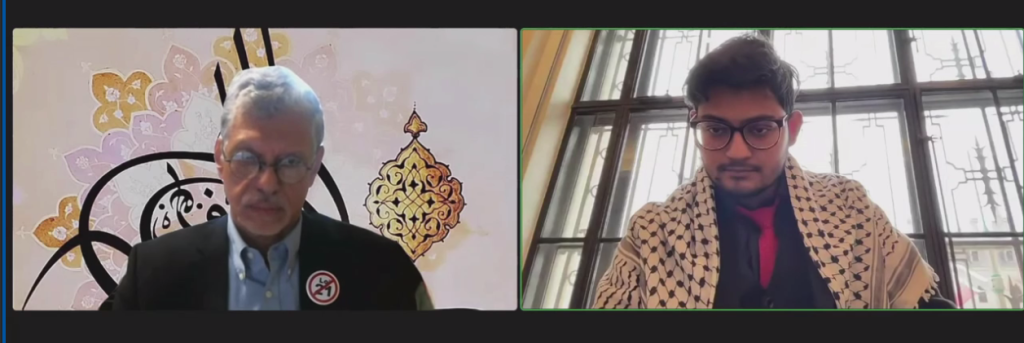
One student said the war in the Middle East has only contributed to Islamophobia.
“As our brothers and sisters are killed off through state-sanctioned violence, the National Council for Canadian Muslims has reported thousands of kilometers away, right here in Canada, an over 1,300 per cent increase in calls in relation to Islamophobia and anti-Arabic acts,” said Sophia El Bakir, vice President Advocacy, McGill Muslim Law Students’ Association.
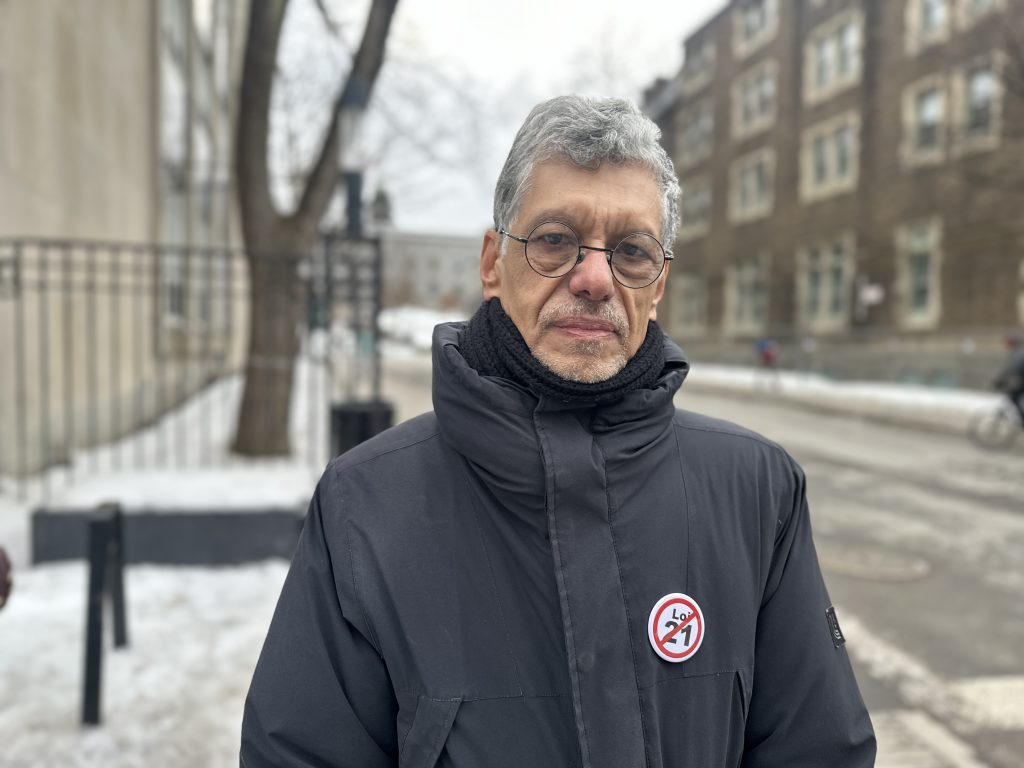
Ehab Lotayef, and IT and technical manager at McGill University was the MC for the commemoration event and said the students were candid in their remarks.
“The university has been hearing these objections for months now about its position and now it’s been made public by the real constituency of McGill community which is the students,” he said. “So I hope this will be a step forward.”
The event was held virtually rather than in-person, as was done last year.
McGill University tells CityNews that their decision to hold both International Holocaust Remembrance Day and the Quebec City mosque commemorations online was made so the events could take place “without disruption from anyone who would seek to use them for political purposes.”
WATCH: McGill University ceremony commemorating Quebec City mosque attack
They added that their goal is to uphold the sanctity and importance of these commemorations and will re-evaluate the format for the 2025 events.
Some, like Lotayef, say they feel the events should have been in person regardless.
“Both events point at the same thing, which is that there should be no violence, there should be no atrocities against civilians,” he said. “Life and dignity should be protected for everybody and that’s a statement nobody can object to.”
We also asked McGill to respond to the students’ allegations, but they did not get back to us.
“This time is a pivotal opportunity for McGill to stand by the values they claim to uphold and to demonstrate that our lives don’t only matter when we are on Canadian soil,” said Oturkar.
